Autism Spectrum Disorder (ASD) is a neurodevelopmental condition that affects one’s social ability, communication skills and behavior. While autism is a global condition, there is a lot of stigma surrounding it within the Black community. Rooted in historical disparities in healthcare and a lack of awareness about neurodiversity, it’s crucial to advocate for awareness.
Many Black children with autism often go undiagnosed. Beyond that, those diagnosed tend to misalign with cultural expectations of behavior and emotional expression, leading to feelings of shame or isolation.
Despite these challenges, Black autistic women have been breaking down these stigmas by exemplifying that autism does not define one’s potential. Here are four Black celebrities with autism who have not only defied the stereotypes, but also paved the way for greater understanding and acceptance.
Chrisette Michele
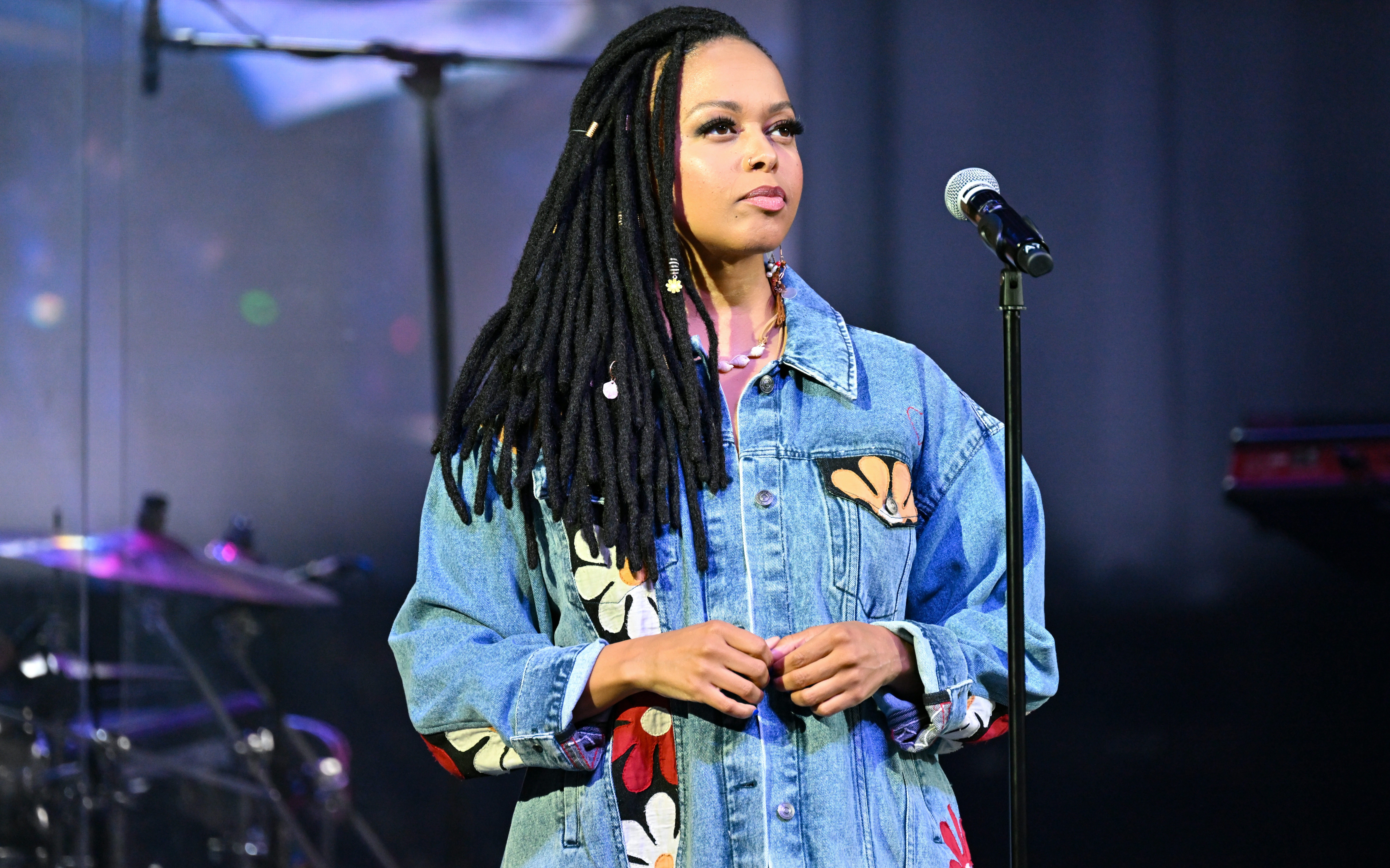
Legendary R&B singer Chrisette Michele recently revealed that she’s on the autism spectrum. “I just learned I’m autistic,” she wrote via Instagram. “Official diagnosis. They used the word ‘severely.’ My life and its challenges finally make sense. So so much sense.” The artist has been relatively quiet in recent years, particularly following backlash after agreeing to perform at Donald Trump’s inauguration in 2017.
She shared that she will continue to move quietly, adjusting to life with awareness of her diagnosis. “[I’m] coming to grips with a lot and giving myself room to take it all in.” Nonetheless, living with autism has not stopped Michele from building an incredibly impressive musical career. In fact, she even won a Grammy for Best Urban/Alternative Performance in 2009. Her music is deeply soulful and a soundtrack to the complexities of the Black female experience, proving her autism hasn’t changed her womanhood.
Akwaeke Emezi
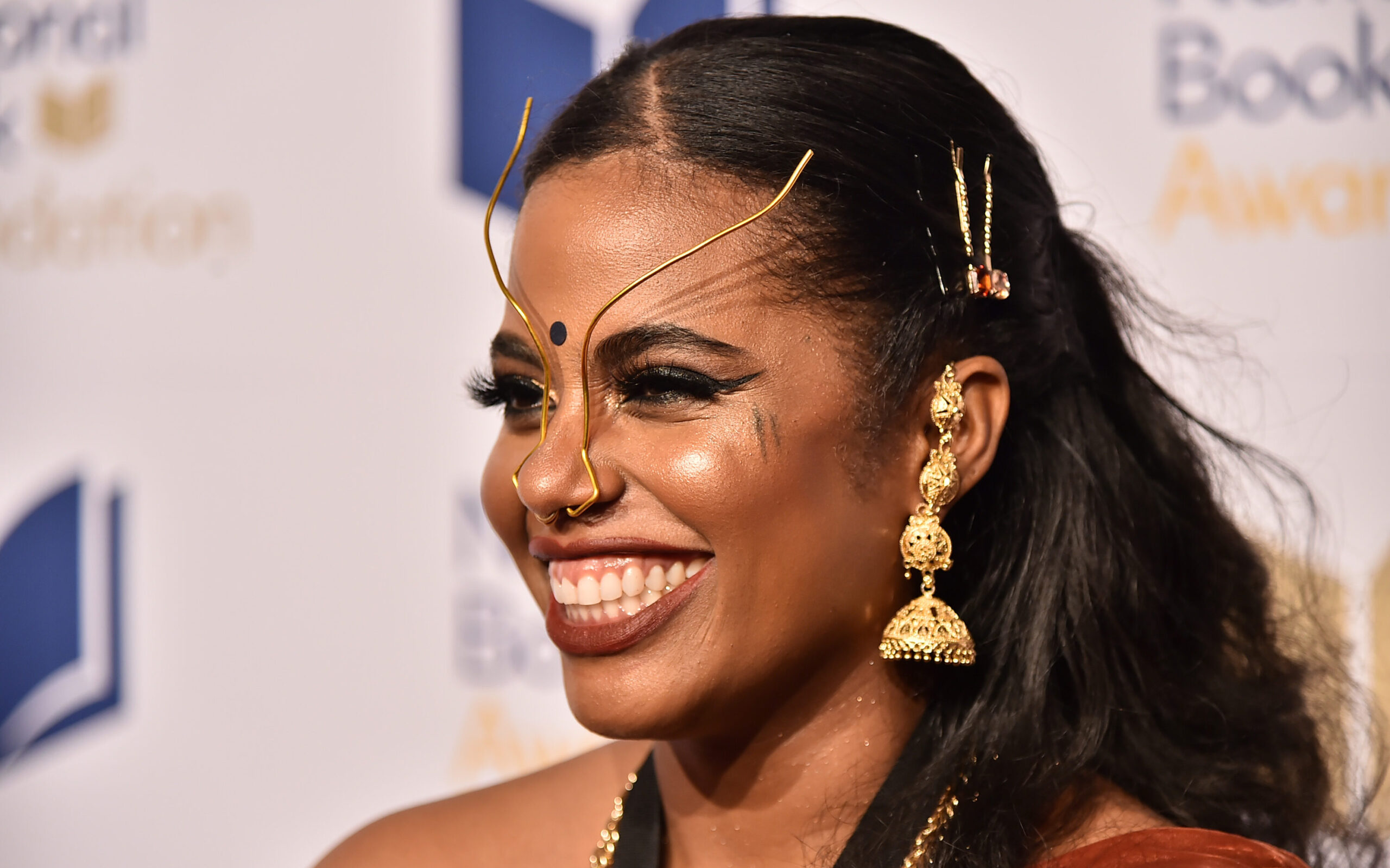
Akwaeke Emezi is a Nigerian-American author whose work explores themes of identity, self-discovery and the fluidity of existence. In 2018, they revealed that they were autistic and have openly shared their struggles with mental health. Emezi’s vulnerability about being on the spectrum is culturally significant, as they navigate the intersection of being Black, queer, nonbinary and autistic.
Known for their critically acclaimed novels “Freshwater” and “The Death of Vivek Oji,” Emezi’s speaks to the challenges of navigating life as a Black neurodivergent person. By sharing their journey, they have brought attention to the importance of representation. They have also inspired many in the Black community to embrace their own neurodivergent identities.
Morgan Harper Nichols
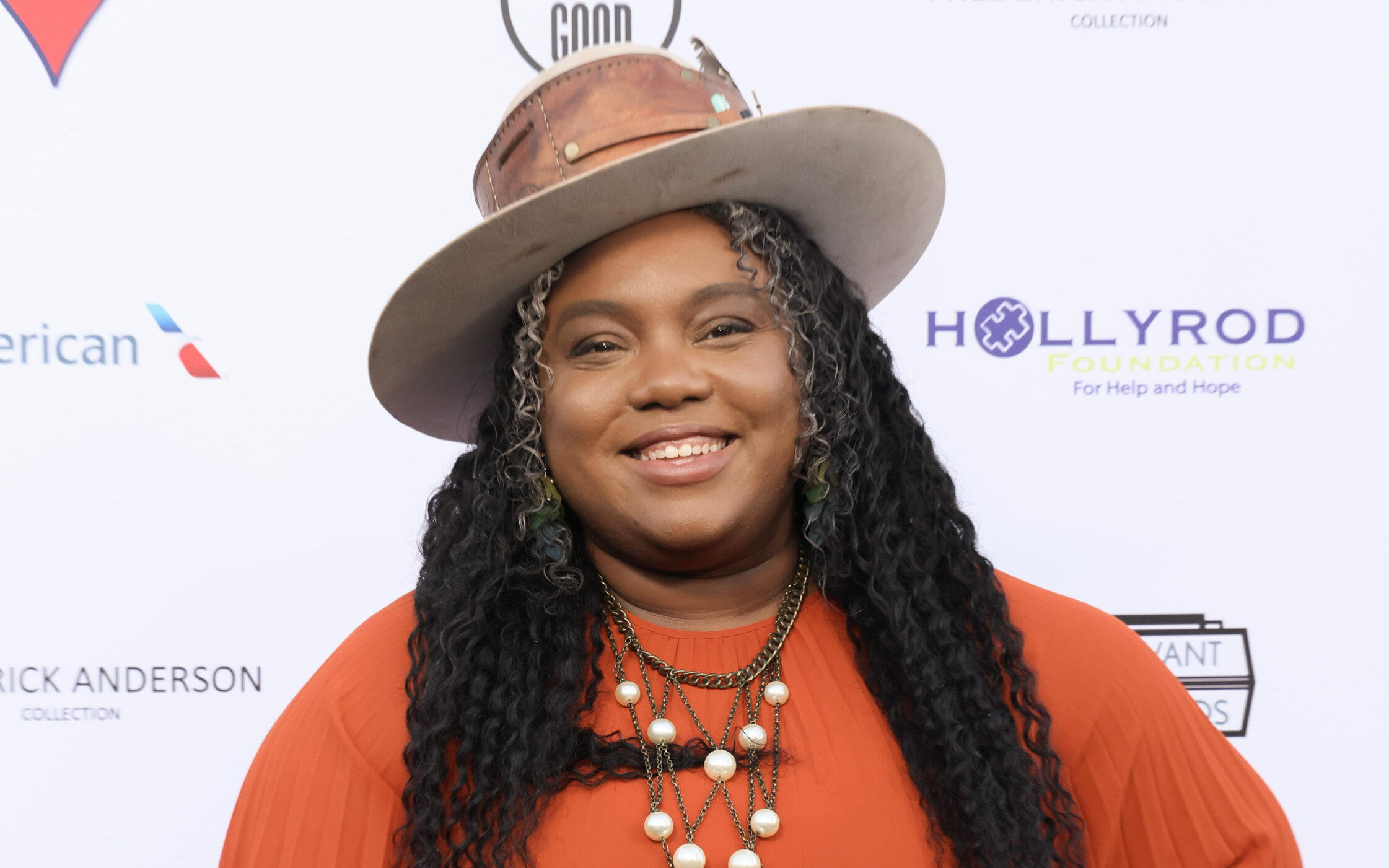
Morgan Harper Nichols is a renowned artist, poet and mental health advocate who has been open about her journey as a Black woman with autism. Many people know for her inspirational quotes, artwork and poems centered on self-acceptance, healing and mental wellness. Morgan’s work has resonated with those struggling with mental health, as she encourages self-compassion and empowerment.
Nichols has also been an advocate for neurodivergence, using her platform to raise awareness about autism and mental health issues. Her vulnerability about her experiences with sensory sensitivities, social anxiety and self-acceptance has helped normalize conversations about autism for Black women.
Breanna Clark
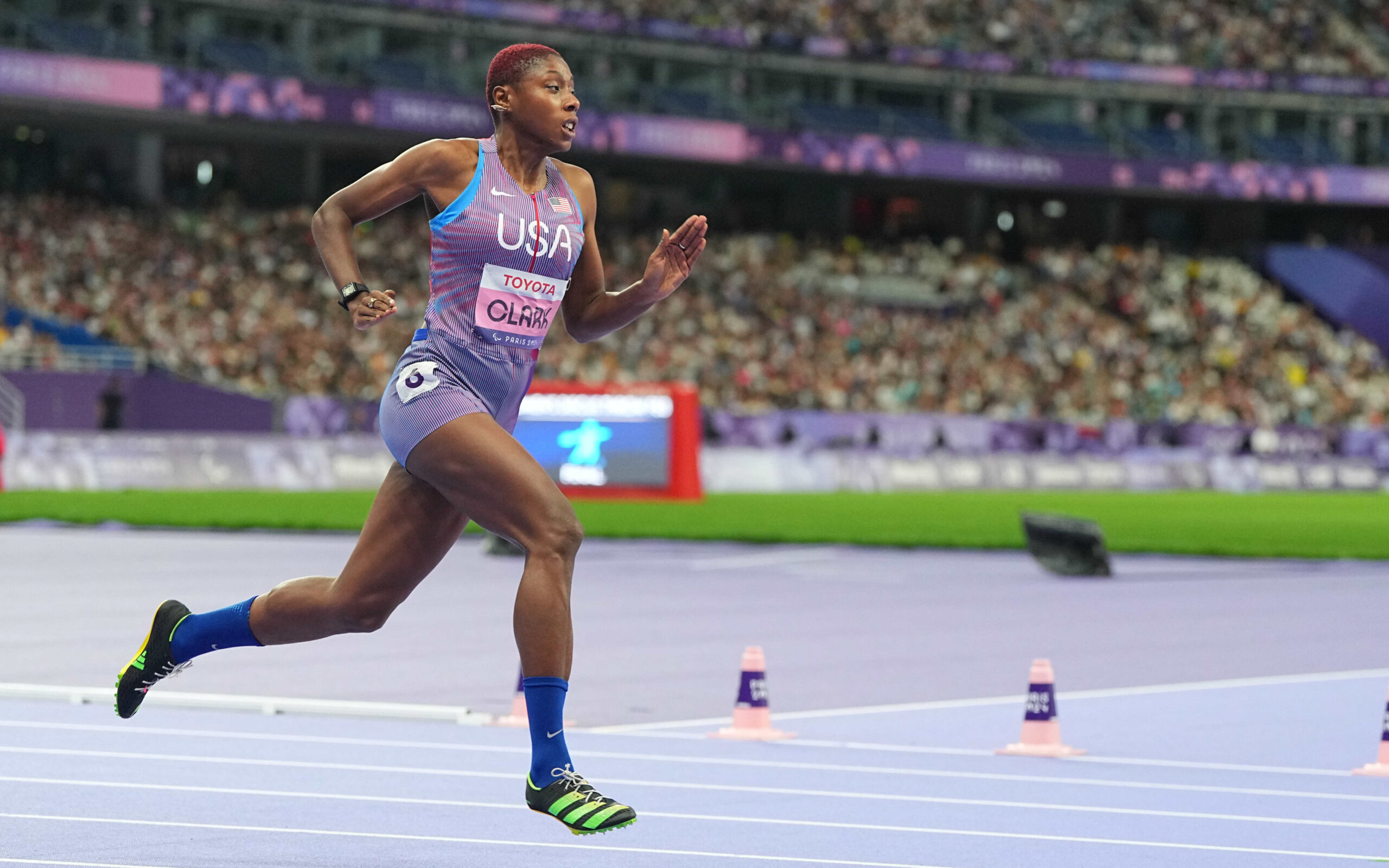
Breanna Clark is a gifted Paralympic athlete who uses her platform to challenge societal perceptions of both disability and autism. As a track and field athlete, Clark has achieved remarkable success, winning gold at the 2020 Tokyo Paralympic Games. Diagnosed with autism at an early age, she overcame challenges in both sports and social interactions. Her incredible athletic achievements prove that autism does not define a person’s abilities.
Clark’s success has been an inspiration to many. This is particularly true for young Black girls on the spectrum who may not see many role models in sports. By speaking out about her experiences as an autistic athlete, she has helped break down the misconceptions about disability and advocated for inclusivity in sports.
Tylan Grant
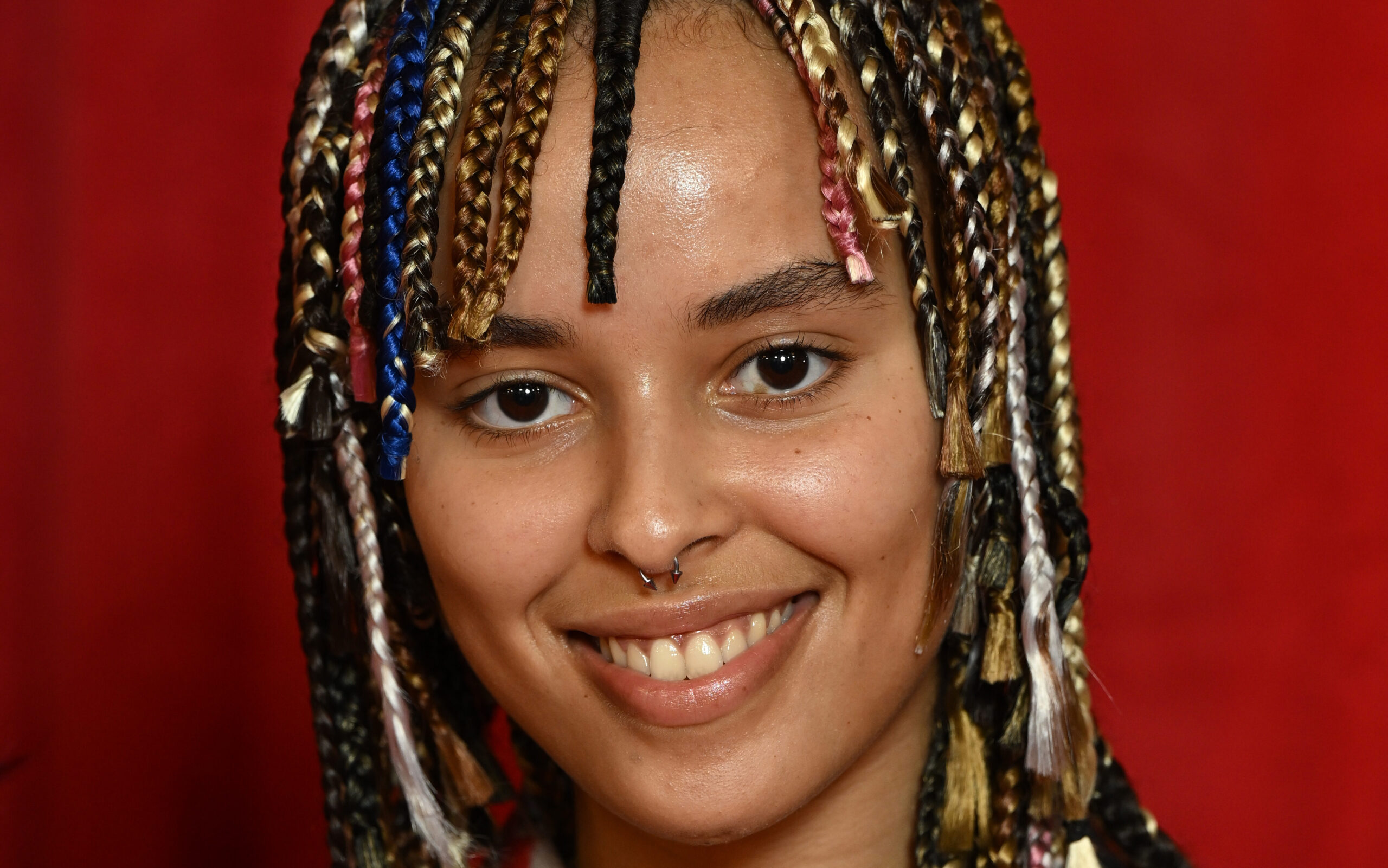
Tylan Grant is a British trans actor who built a solid fanbase on the popular British soap opera “Hollyoaks.” Grant has used his platform to challenge stereotypes and bring greater representation of the queer and neurodivergent community.
Grant was diagnosed as autistic at the age of seven, sharing his journey “i” newspaper. “I was scared of loud noises, terrified of certain subjects,” he said. “I wasn’t sure how to make friends or how to keep friendships going, how to cope when I was teased about my afro hair, or how to eat next to someone who sneezed.”
Grant overcame bullying and isolation to pursue a career in the arts. Luckily, he’s found much success and has become a beacon of visibility for both the trans and neurodivergent communities.